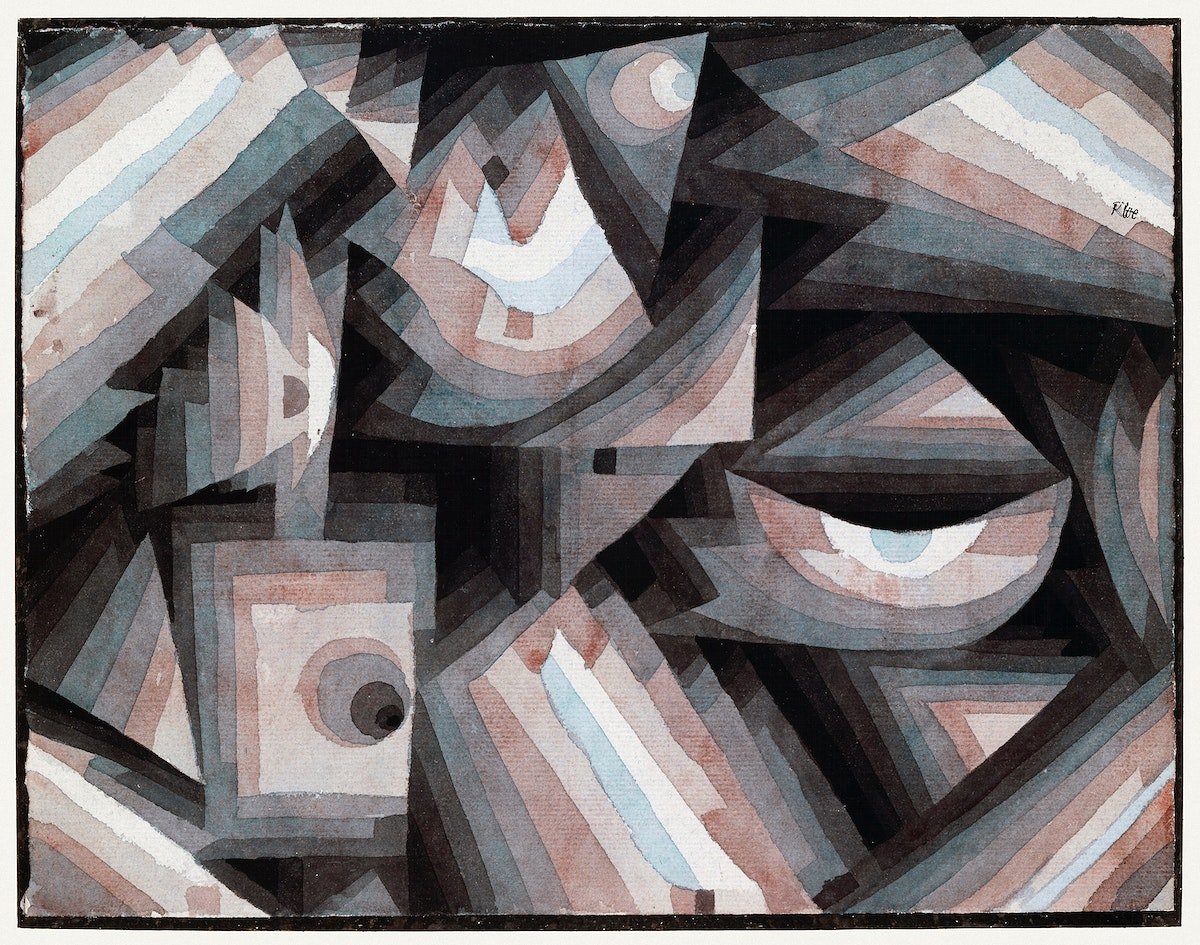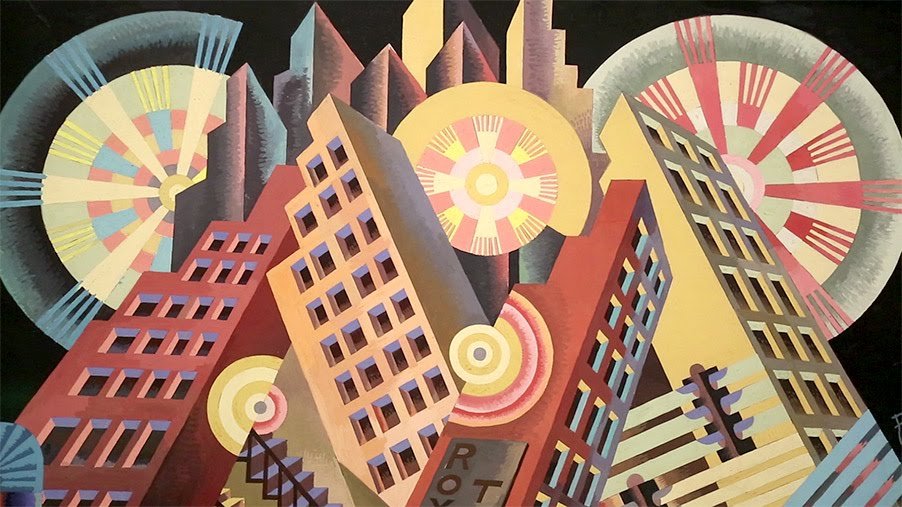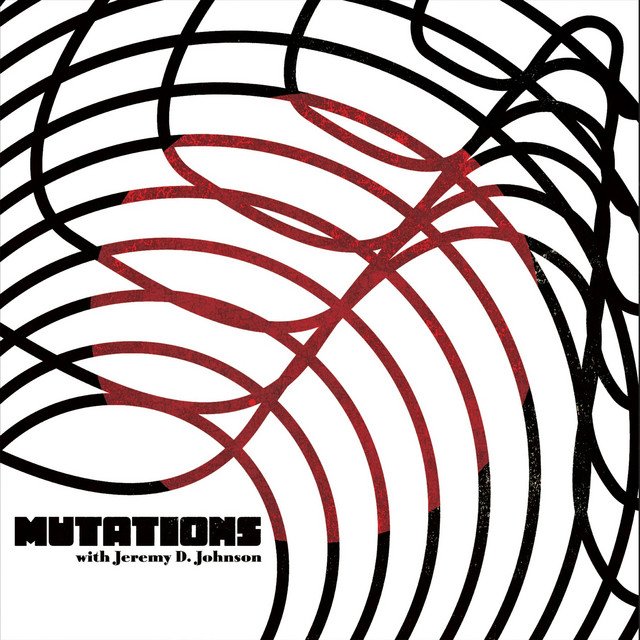Seeing Through the World
Integral Consciousness and The Ever-Present Origin
A nine week online course | 7 March - 2 May | Hosted by Jeremy Johnson
Journey through the history of consciousness and the presence of the future alike in this introduction to the integrative philosophy of Jean Gebser.
This course provides a guide to the spiritual and conceptual import of Jean Gebser’s integrative philosophy and its relevance for a warming planet.
Seeing Through the World is a course for scholars, artists, and integral practitioners of varied disciplines and walks of life. The class will consist of nine live, online classes, distilling a series of lessons from Gebser’s philosophical and poetic works, drawing from the aid of secondary sources, multimedia illustrations, spiritual exercises and experiential collective presencing sessions.
Jean Gebser (1905-1973) was a philosopher, poet, and phenomenologist of integral consciousness best known for his magisterial The Ever-Present Origin (Ursprung und Gegenwart, 1949). Writing in the mid-century during a period of intense cultural transformation and crisis in Europe, Gebser intuited a series of mutational leaps spanning the history of human consciousness, the latest of which emerging he called the “integral” structure, marked by the presence of time-freedom.
Gebser’s insights into the phenomenology of human consciousness has offered profound intellectual depth—and spiritual transmission—to the field of integral philosophy and consciousness studies, influencing the works of American historians such as William Irwin Thompson and the philosopher Ken Wilber. Further syncretic corroboration links Gebser’s integral epoch to those of the Indian revolutionary and yogi Sri Aurobindo’s “integral yoga” (The Life Divine) and Pierre Teilhard de Chardin’s evolutionary mysticism (The Human Phenomenon).
As William Irwin Thompson writes, “Gebser was a brilliantly intuitive mystic with a profound understanding of poetry and art,” and that Ever-Present Origin is, “the kind of book that changed one’s life.” Georg Feuerstein, Gebser's colleague and friend, wrote that, “Socratic spirits like Gebser typically live before their time… perhaps the present climate is more receptive to Gebser’s arguments.”
Now, in this time of extreme climate disruption and social fragmentation, we need more than ever “senseful” approaches that help us to revivify our future imaginaries. Yet, as Gebser would say, tomorrow is already present. The future lives in us. In this moment of civilizational crisis, Gebser’s time has come yet again to help us navigate a liminal age of worldview transition. We must learn to be sufficiently present in order to live the future that is already living us.
Modules
Live sessions are recorded weekly at 9:30 AM PT / 12:30 pm ET
-

I - Introduction
-

II - Worldview Transformations
-

III - Re-Visioning Consciousness Unfoldment
-

IV - From the Archaic to the Magic
-

V - Mythic Illuminations
-

VI - Mental Irruptions
-

VII - Integral Time
-

VIII - Origin and the Spiritual
-

IX - The Presence of the Future: Ever-Present Origin in a Time of Planetary Initiation
What to Expect
Live, weekly lectures recorded each Tuesday (9:30 AM PT / 12:30 pm ET) on Zoom.
All recordings are emailed to students within 24 hours.
Interactive forum, hosted on Mighty Networks, where students can ask questions, generate discussions, and self-organize additional meetups.
Course materials, such as lecture recordings (audio and video), and additional reading materials, are made available on the forum.
An additional weekly office hours session, hosted each Wednesday at 9:30 am PT / 12:30 pm ET.
Scheduled collective presencing sessions, where students will engage the lessons experientially.
About Jeremy Johnson
Jeremy is an author (Seeing Through the World: Jean Gebser and Integral Consciousness), publisher (Integral Imprint), managing editor (Integral Leadership Review), podcaster (Mutations), senior research associate at Perspectiva, and integral philosopher.
His academic research, writing, and publishing advocates new forays into integrative thinking and praxis—aligning the scholastic, poetic, and spiritual—as existentially crucial work for pathfinding in a time of planetary crisis.
Jeremy is a PhD student in the Philosophy of Religion at the California Institute of Integral Studies.
His second book, Fragments of an Integral Future (Integral Imprint) is forthcoming in Spring 2023.
Learning Outcomes
Students will:
deepen their capacity for intuitive, conceptual and personal insight into Gebser’s unique transmission of integral consciousness
develop embodied and experiential insight on how the whole history of consciousness — the archaic, magic, mythic, and mental respectively— continues to live in and through them in the spiritual present
acquire tools and capacities for cohering and navigating an age of cultural fragmentation and worldview transition
explore and discover works of art, philosophy, and media that enriches their experiential learning about consciousness unfoldment
relate insights on the integrative worldview with the importance of ecological thought and the reconnection with our more-than-human kin
discover applications in their own fields of engagement: from artistic, creative, and design applications to spiritual, ecological and academic praxis
Learn individual and group exercises for embodying integral consciousness in daily life
Registration
$250
Student rates:
$165
Please note: pay-what-you-can registration is also available. Please send an email to jeremy (at) nuralearning (dot) com.
Alumni from another class? Register here.
Thank you, and see you in class!
“Our concern is with a new reality—a reality functioning and effectual integrally, in which intensity and action, the effective and the effect co-exist; one where origin, by virtue of “presentiation,” blossoms forth anew; and one in which the present is all-encompassing and entire. Integral reality is the world’s transparency, a perceiving of the world as truth: a mutual perceiving and imparting of truth of the world and of the human and of all that transluces both.”
— Jean Gebser





